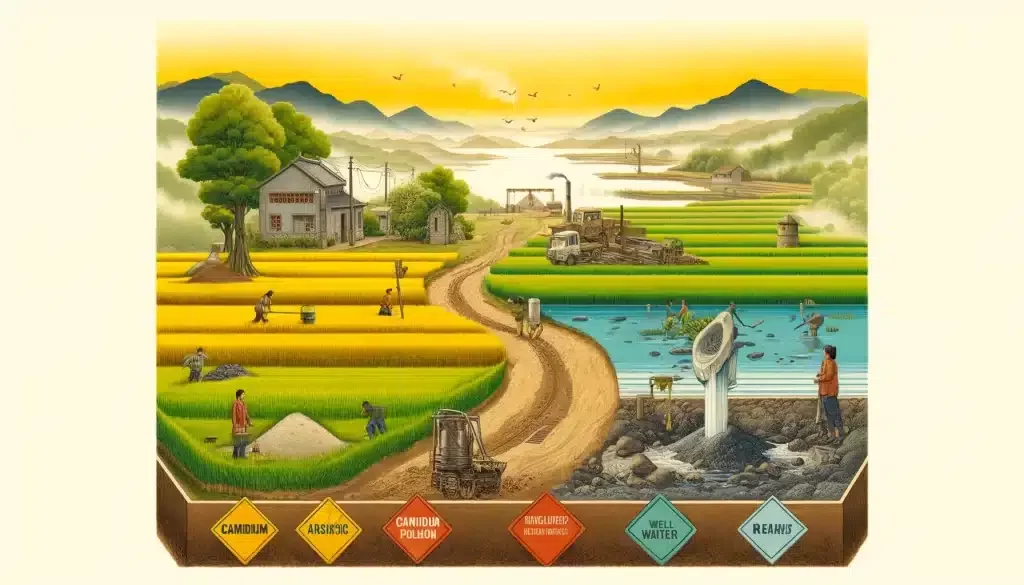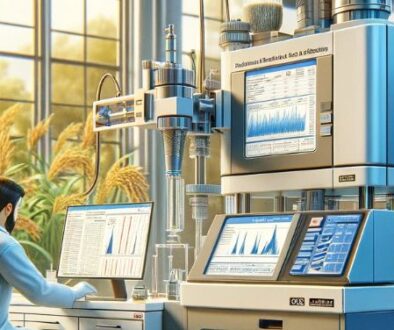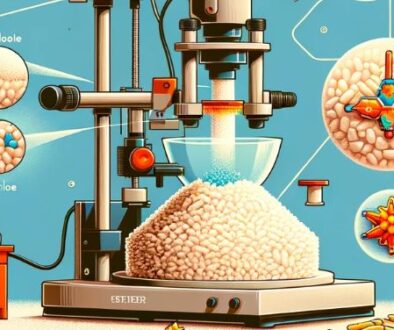Survey On The Status Of Heavy Metal Contamination In Soil, Rice, And Well Water In Rural Areas Of Southern Jiangsu
Exploring heavy metal pollution in southern Jiangsu’s soil and its impact, with findings on cadmium, arsenic, and lead levels, and remediation recommendations.
Abstract: Objective To understand the pollution situation of heavy metals in soil, rice and other areas in rural areas of southern Jiangsu. Methods A stratified cluster sampling method was used to collect environmental and food samples from five directions in the east, south, west, north, and middle rural areas of southern Jiangsu and urban areas, and the heavy metal contents were detected by ICP-MS. Results: The average contents of heavy metals Cd, As, and Pb in 18 soil samples were (1.150¡À0.860) mg/kg, (46.232¡À40.313) mg/kg, and (55.855¡À32.690) mg/kg. The exceedance rates were 77.78% and 38.89% respectively. and 27.78%, the Cr and Hg contents are both below the limit; Nemerow pollution index evaluation shows that the rural soil in southern Jiangsu is slightly polluted as a whole, with the soil at points 2 and 5 being heavily polluted, and the soil at point 1 being moderately polluted. The heavy metal pollution in the soil at other points is already within the warning range. Heavy metals in well water and rice are lower than the standard limits of GB5749-2006 and GB2715-2005. Conclusion Well water and rice in rural areas of southern Jiangsu have not been contaminated by five heavy metals, Cd, As, Pb, Cr, and Hg, but the soil has been contaminated by Cd, As, and Pb to varying degrees. Cd>As>Pb should be taken seriously.
Introduction to Heavy Metal Pollution Study in Southern Jiangsu
The recent study conducted in the rural areas of southern Jiangsu, China, brings to light the pressing issue of heavy metal pollution, a matter of considerable environmental and public health concern. This investigation aims to shed light on the contamination levels of heavy metals in the soil, as well as their presence in rice and other sectors, providing a comprehensive understanding of the environmental challenges facing this region.
Methodology of Environmental Sampling and Analysis
Employing a stratified cluster sampling methodology, environmental and food samples were meticulously collected from diverse locales encompassing the east, south, west, north, and central rural areas, in addition to urban sectors of southern Jiangsu. The analysis of these samples was conducted utilizing Inductively Coupled Plasma Mass Spectrometry (ICP-MS), a sophisticated technique known for its precision in detecting trace levels of heavy metals.
Significant Findings on Soil Contamination Levels
The findings reveal a concerning scenario: the average concentrations of cadmium (Cd), arsenic (As), and lead (Pb) in 18 soil samples were recorded at 1.150±0.860 mg/kg, 46.232±40.313 mg/kg, and 55.855±32.690 mg/kg, respectively. Notably, the rates at which these levels exceed the permissible limits stand alarmingly high, with cadmium at 77.78%, arsenic at 38.89%, and lead at 27.78%. Conversely, the concentrations of chromium (Cr) and mercury (Hg) were found to be within acceptable thresholds.
Evaluation of Pollution Using the Nemerow Pollution Index
The application of the Nemerow pollution index offers a nuanced understanding of soil contamination across the surveyed regions. It categorizes the overall pollution level in rural soils of southern Jiangsu as “slightly polluted”. However, certain locations exhibited severe pollution levels, with soil samples from points 2 and 5 classified as “heavily polluted” and those from point 1 as “moderately polluted”. The contamination levels at other sampled points were flagged within the warning range, indicating the onset of potential environmental degradation.
Analysis of Well Water and Rice for Heavy Metal Content
In a positive note, the analysis of well water and rice samples revealed that the concentrations of the five heavy metals—cadmium, arsenic, lead, chromium, and mercury—remained below the standard limits set forth by GB5749-2006 and GB2715-2005, respectively. This finding suggests that, despite the soil contamination, the uptake of these metals into well water and rice, crucial components of the local diet, has not reached levels deemed hazardous to human health.
Conclusions and Recommendations for Mitigation
The conclusion drawn from this study underscores a mixed environmental reality for the rural areas of southern Jiangsu. While well water and rice remain untouched by heavy metal contamination, the soil exhibits varying degrees of pollution by cadmium, arsenic, and lead, necessitating immediate attention. The prioritization of remediation efforts should follow the order of cadmium, arsenic, and then lead, reflecting their relative impact and prevalence in the surveyed areas.
This research serves as a crucial call to action for local authorities, environmental agencies, and the broader community. Implementing stringent environmental regulations, conducting regular monitoring, and adopting effective remediation strategies are imperative steps to mitigate heavy metal pollution. Only through collaborative efforts can we safeguard the environmental integrity and public health of rural areas in southern Jiangsu and beyond.
For futher details of this article and research, feel free to contact our team for assistance.
Original research was done by Wu Ye, Wang Dongyue, Sun Hong, Shen Mingzhu
About ETprotein:
ETprotein, a reputable plant protein vegan protein Chinese factory manufacturer and supplier, is renowned for producing, stocking, exporting, and delivering the highest quality organic bulk vegan protein and plant proteins. They include Organic rice protein, clear rice protein, pea protein, clear pea protein, oat protein, watermelon seed protein, pumpkin seed protein, sunflower seed protein, mung bean protein, peanut protein, various of plant peptides etc. Their offerings, characterized by a neutral taste, non-GMO, allergen-free attributes, cater to a diverse range of industries. They serve nutraceutical, pharmaceutical, cosmeceutical, veterinary, as well as food and beverage finished product distributors, traders, and manufacturers across Europe, USA, Canada, Australia, Thailand, Japan, Korea, Brazil, and Chile, among others.
ETprotein specialization includes exporting and delivering tailor-made protein powder and finished nutritional supplements. Their extensive product range covers sectors like Food and Beverage, Sports Nutrition, Weight Management, Dietary Supplements, Health and Wellness Products, and Infant Formula, ensuring comprehensive solutions to meet all your protein needs.
As a trusted company by leading global food and beverage brands and Fortune 500 companies, ETprotein reinforces China’s reputation in the global arena. For more information or to get a free sample of their protein products, please contact them and email sales(at)ETprotein.com today.












